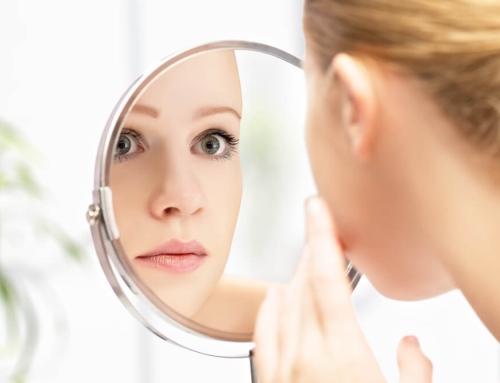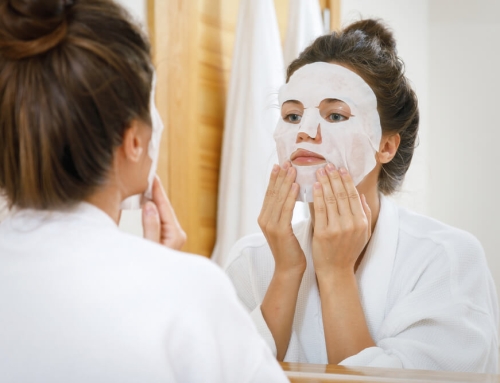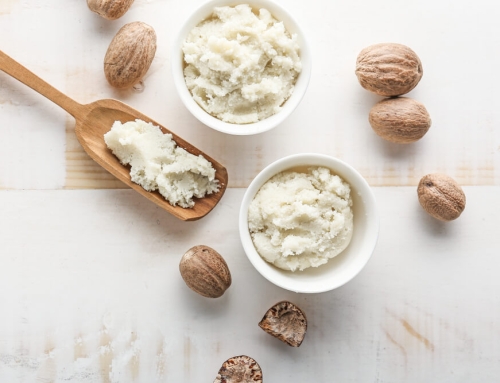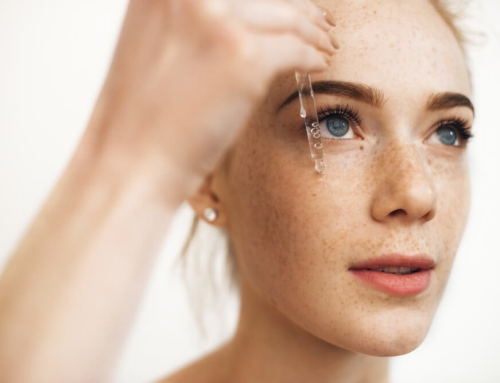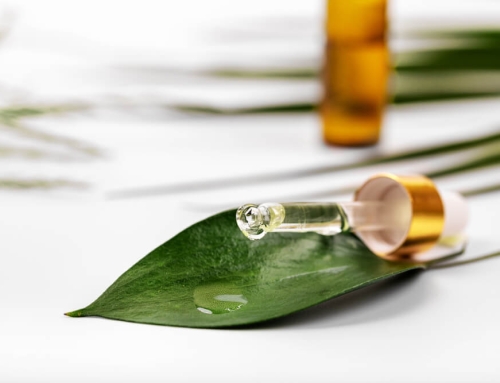Your skin changes in many ways as you age, meaning that the care that you provide to it should also be adjusted over the years. Whether you are in your 20s or your 40s, here are a few of the ways in which your skin care regimen should change as you age.
In Your 20s
Your skin will still be looking and feeling quite youthful in your 20s, and while some may choose to begin using anti-aging products at this stage, this is not strictly necessary. Instead, preventing any skin damage should be your focus here, making use of gentle and natural products, that are formulated for your skin type, as much as possible. Since estrogen levels peak in your 20s, you will be enjoying your best-ever complexion, but as this does dip in the days leading up to your period, you should always have some salicylic acid on hand to treat any acne breakouts.
In Your 30s
Skin tone and texture become the most common skin concerns when people reach their 30s, which is why this is the age when you should be adding retinol into your skin care regime. Retinol, which is a derivative of vitamin A, is known for being the very best anti-aging ingredient out there, and will go a long way in preventing the formation of wrinkles and fine lines. If you use a foaming cleanser, then your 30s is when you should switch to a gentler, non-foaming formula, as this will be less drying and more hydrating, which is exactly what you need moving forward.
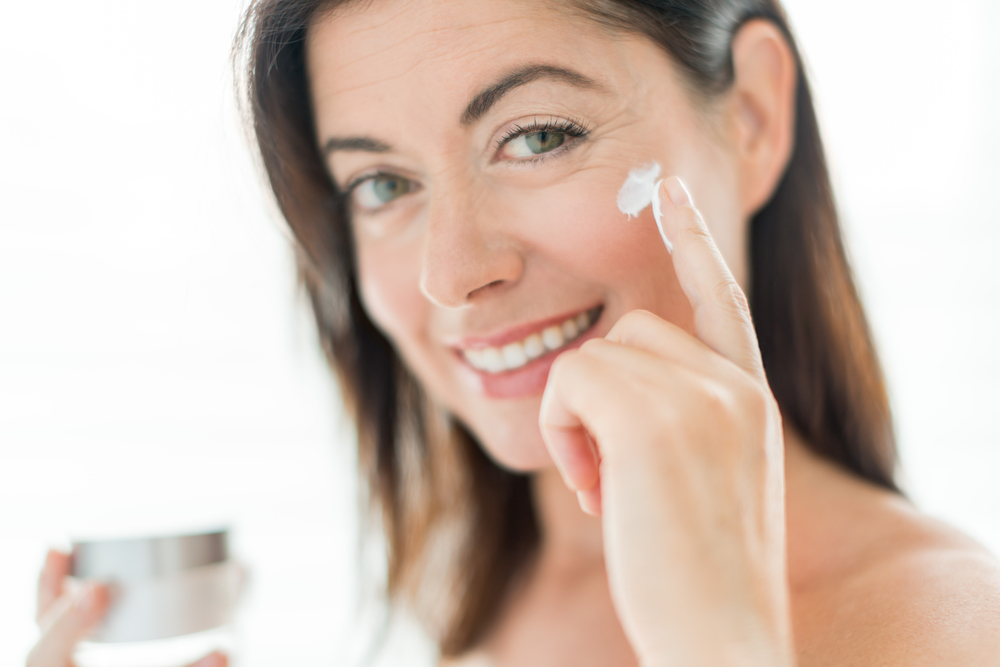
In Your 40s
Permanent wrinkles begin to form in the 40s, and this is because the collagen and elastin in your skin is starting to break down. This means that your skin care efforts should now be focussed on stimulating and supporting the production of collagen and elastin, and while you will already be using a retinol product, you need to add a few more ingredients to this. Peptides have been proven to be able to increase the production of collagen, as has vitamin C, so look for products that contain both of these.
In Your 50s
Once you reach your 50s, your skin will lose the ability to retain much moisture, making frequent moisturizing key. While you may have only moisturized twice a day up until now, you need to amp this up and apply a layer of moisturizer whenever your skin begins to feel dry. Hydrating ingredients, such as hyaluronic acid, also become essential, and a prescription retinoid may be beneficial.
Once you have found an effective skin care routine, it can be tempting to stick to this for years to come, but, the truth is, the effectiveness of this routine will diminish with age, as your skin’s needs drastically change. From switching to a gentler cleanser in your 30s to boosting hydration in your 50s, make sure that you are aware of the changes that you need to make to your skin care routine as you age.


